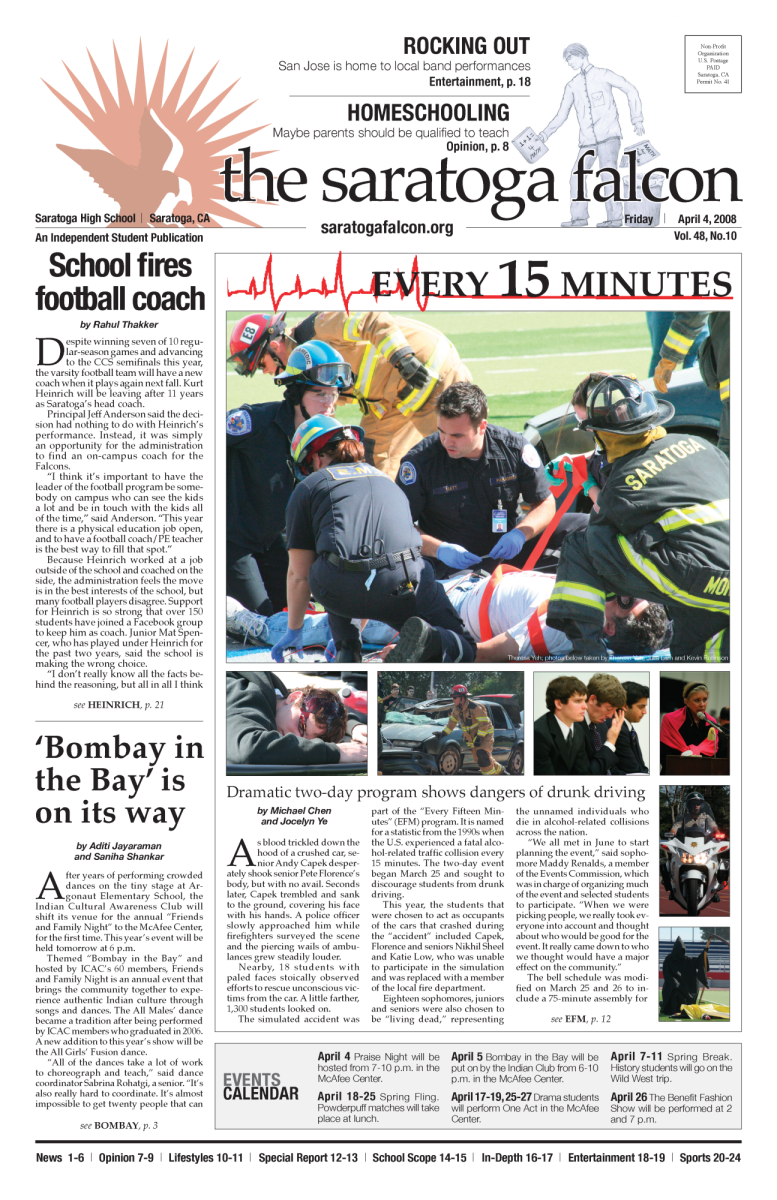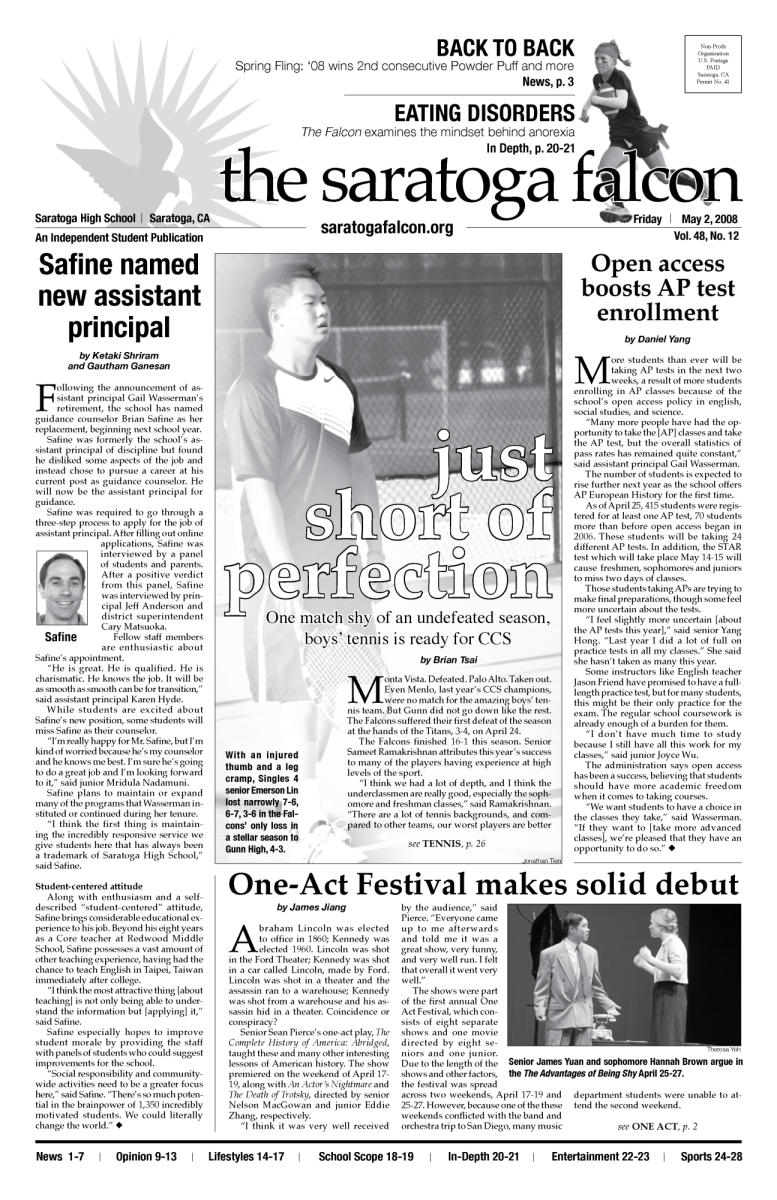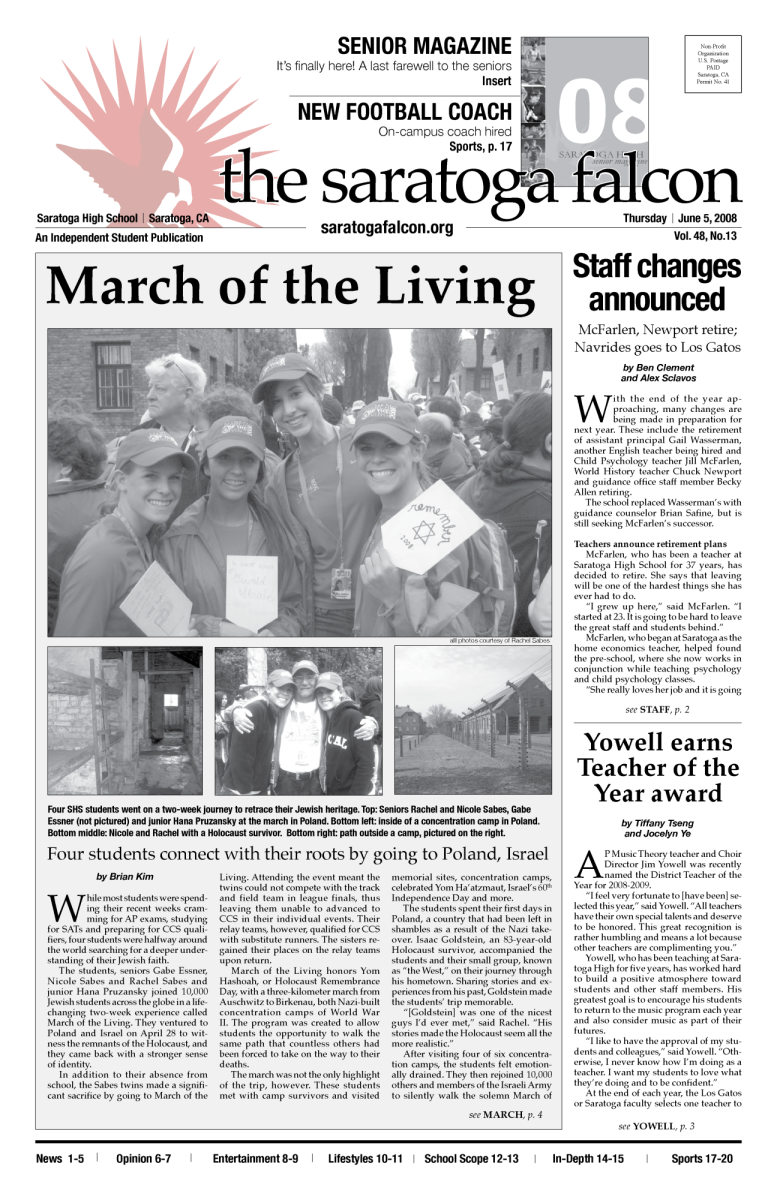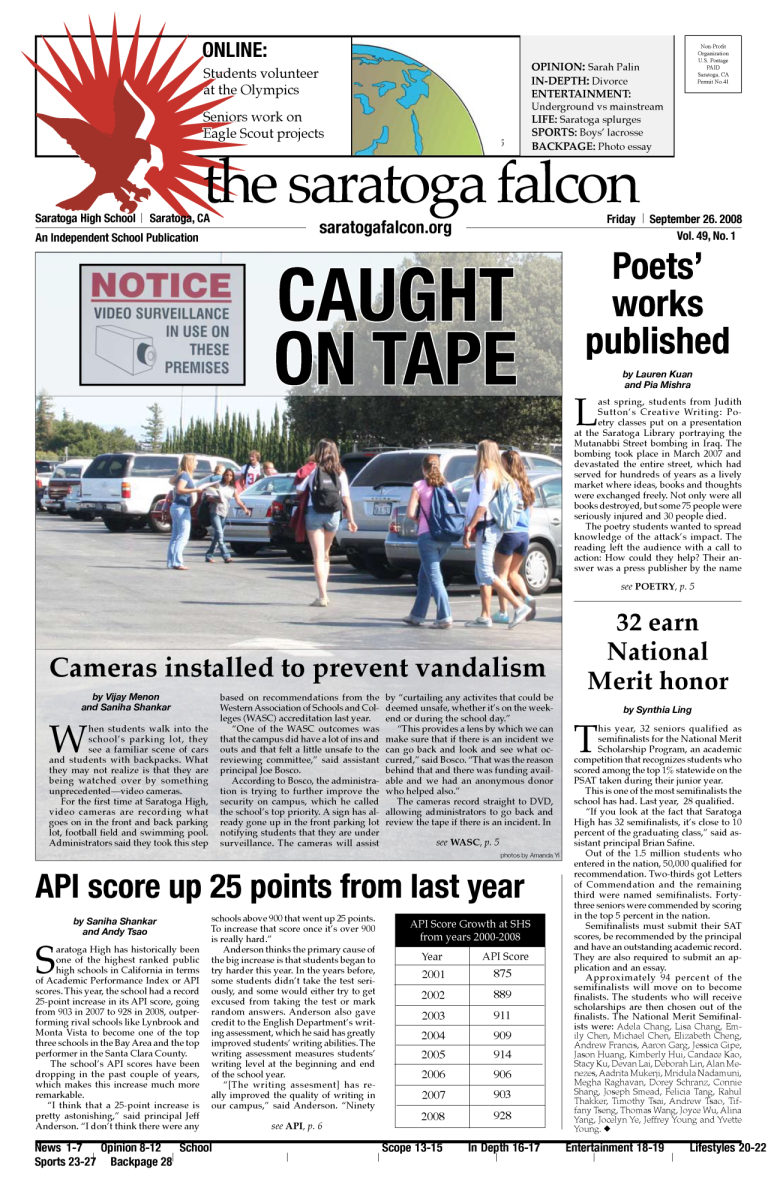As junior Andrew Xiao opened his ACT diagnostic at his tutoring center last March, he was faced with columns of English, Math and science questions. Though they looked familiar to him, they felt different from another college admissions test that he had tried: the SAT. He found the ACT questions were easier but there was less time to do them.
In the end, Xiao chose to take the SAT because he found that he was stronger at thinking in-depth about the questions more than quickly doing them.
While the majority of students choose to take the SAT to demonstrate their aptitude in college applications, an increasing number have turned to the ACT in recent years.
In 2011, 96 percent of graduating students reported having taken the SAT. However, the percentage has drastically decreased to 65 percent taking SAT, and in the last two years, around 35 to 40 percent of students taking the ACT.
“I think part of it is that kids are more informed,” guidance counselor Alinna Satake said. “Kids are learning and trying to step outside the box and play to their strengths more.”
Satake noted that the SAT is most popular in coastal states, while the ACT is more popular in the middle of the country.
Though ACT is often known as the faster test, the actual testing time is similar. As essays are now optional on both tests, a full SAT clocks in at three hours, with an additional 50 minutes for the optional essay; a full ACT measures two hours and 55 minutes, with an additional 40 minutes for the essay.
On the SAT, students are given one minute and 10 seconds per question while on the ACT, students are given 49 seconds per question. The ACT costs slightly more, with a base price of $52 and an additional $16 for the optional writing portion. The SAT costs $49.50, with a $15 option to include the essay. Both include a $30 fee when registering after the regular deadline. Qualifying students can get fee waivers with both tests.
Starting this September, kids are allowed to retake sections on the ACT instead of sitting through the whole test. Kids can also choose between an online test and a paper test, which yields results in two days instead of two weeks. The company will also superscore, which gives colleges the option to choose the best scores from a student’s ACT.
“If you work more in-depth, SAT is a lot better,” Chu said. “But if you’re just trying to work through something quickly, the ACT is better.”
Chu studied for the SAT but he took the ACT just to try it out, since his friends were also taking it.
Xiao agrees that SAT is better for those whose strength is analysis.
“Every passage in the SAT requires more thought,” Xiao said. “They ask you to infer what the author says or what might help their argument, so you must really evaluate the passage.”
Xiao has taken the SAT once and plans on taking it one more time.
Meanwhile, junior Michelle Lim chose the ACT after taking diagnostics for both the SAT and ACT and doing poorly on both tests.
“I think that the ACT material-wise is easier and the actual test is only hard because of time management,” Lim said.
Lim reaffirmed the view that ACT is better for those who want to work quickly through a test. She also found the ACT section retake policy to be potentially beneficial, but she has not taken advantage of it yet.
Despite all these differences, Satake believes that the only way to find the best fit is to try both tests, saying, “You never know which one you’ll do better on.”



























